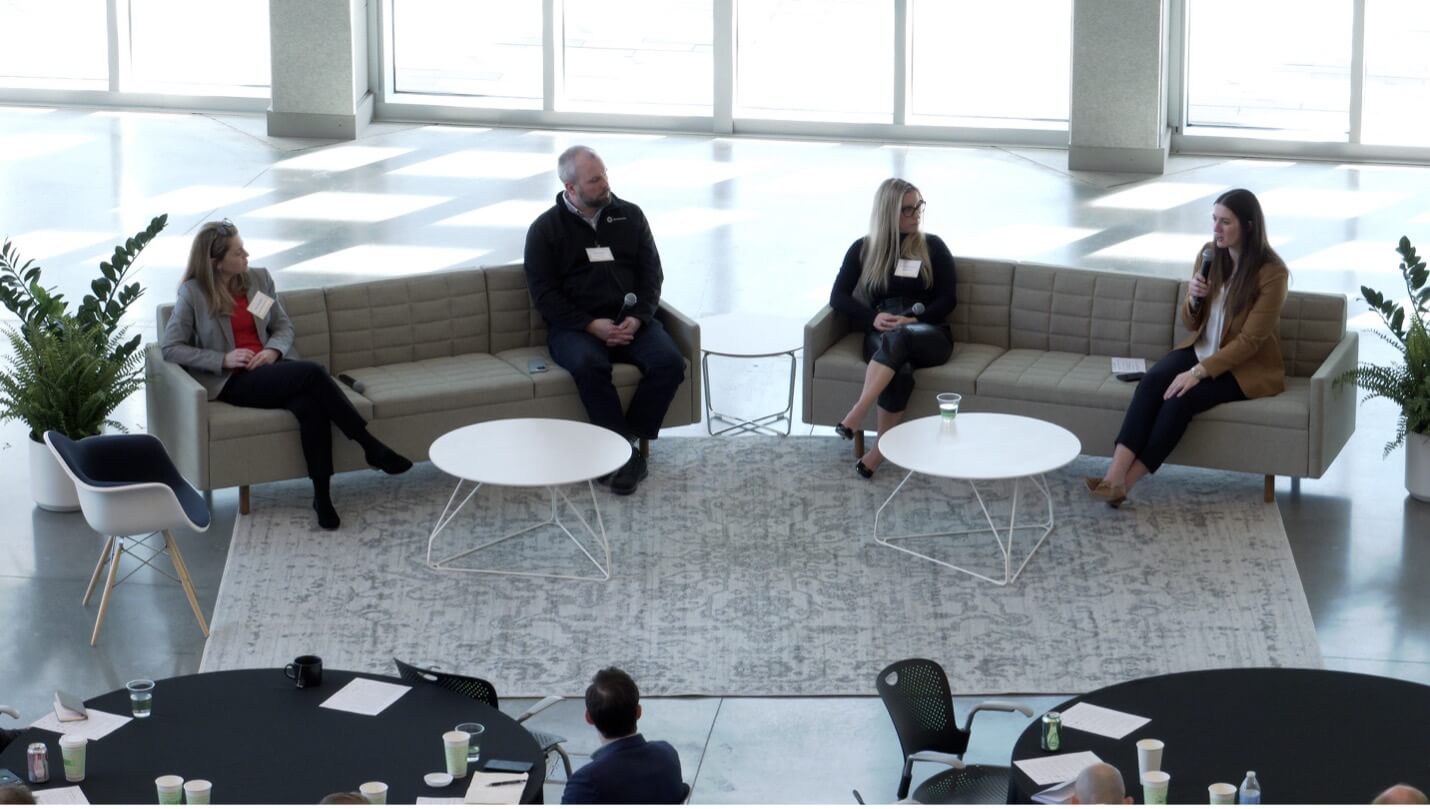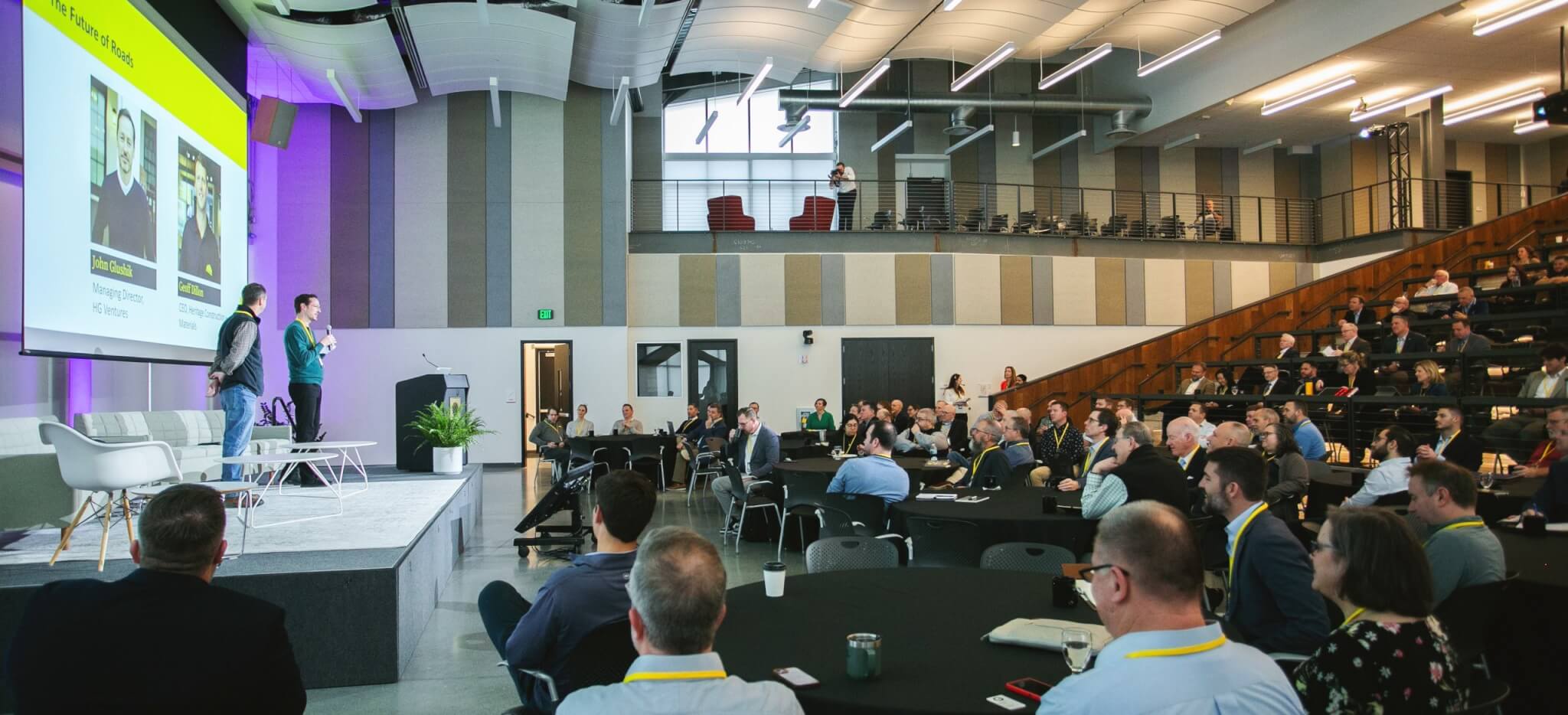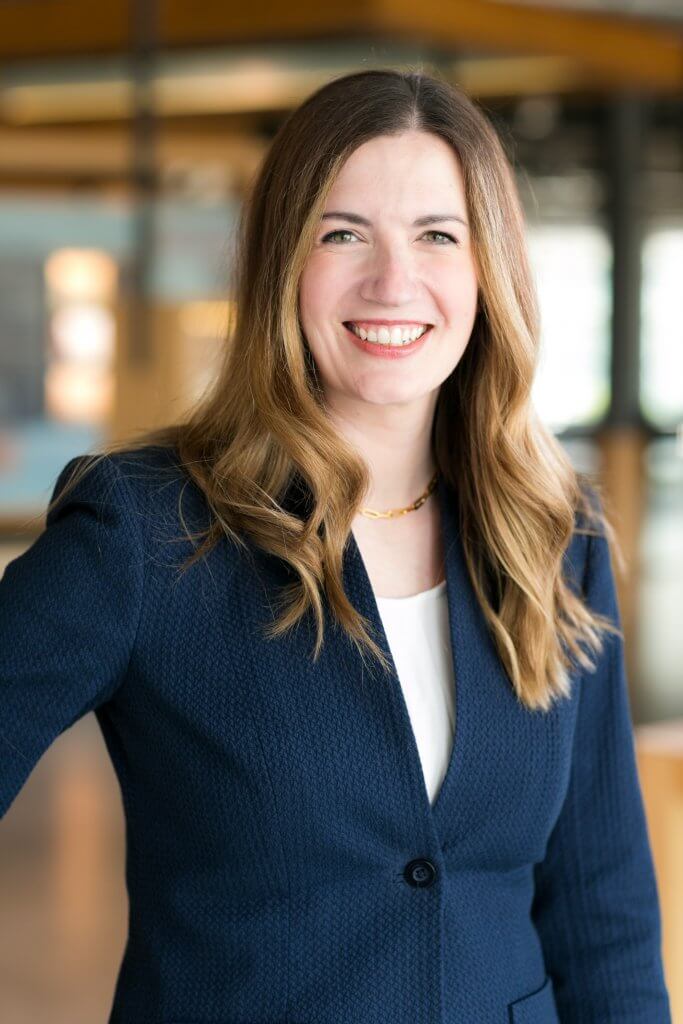 At the heart of HG Ventures’ investment strategy is a desire to continue to add meaningful value to its portfolio companies beyond just writing a check. That requires an ongoing investment of time, relationships, and industry knowledge, which is why the team brought on Meghan Hunt as Platform Manager. Here, Meghan outlines the concept of ‘platform’ in the world of venture capital.
At the heart of HG Ventures’ investment strategy is a desire to continue to add meaningful value to its portfolio companies beyond just writing a check. That requires an ongoing investment of time, relationships, and industry knowledge, which is why the team brought on Meghan Hunt as Platform Manager. Here, Meghan outlines the concept of ‘platform’ in the world of venture capital.
When someone asks me what I do, I usually lead with, “I get to work with really cool startups and help add value after we invest.” It’s difficult to quickly explain the nuances of The Heritage Group, corporate venture capital, and platform management at a networking event. But when I talk about supporting entrepreneurs who are disrupting legacy industries, it resonates with people.
Defining ‘Platform’
Platform is a relatively new discipline with a lot of variation, depending on the nature of the organization. I was reminded of this recently when I attended the VC Platform Global Summit in Miami, the largest annual gathering of VC platform professionals. Not only was it encouraging to see the highest attendance so far (over 600 peers from around the world!), but it was also inspiring to see the diversity of ways in which ‘platform’ and the role of platform manager are evolving across the VC industry.
For some, the focus is on attracting and retaining talent for their portfolio companies; for others the role is about operations and finance. Many platform professionals have a marketing and communications background, like me; and I also saw a growing number of Summit attendees this year whose emphasis is on business development and sales.
While there are many different flavors of platform, the common thread is providing additional touch points and support between the VC and its portfolio companies.
Platform in Practice: Adding Value Beyond the Board Seat
For most VCs, the ‘owner’ of the relationship with each portfolio company often serves on the Board. The Board member has fiduciary responsibilities and is focused on stewardship of the startup. But often founders have other needs that they may not consider “Board worthy”.
They may want advice on a marketing campaign; they may need extra help with industry introductions or referrals; they may require practical, logistical support, or other requests not in their Board members’ wheelhouse. Without the support of a platform professional, these could fall through the cracks. This is especially true with larger funds, where a single VC investor may sit on the Boards of a dozen or more portfolio companies.
Connecting the Dots and Avoiding the Pitfalls
For those of us working within corporate VCs (CVCs), there is the added dimension of the relationship with the parent company and operating companies.

Many CVCs aim to fully acquire or absorb the companies in which they invest. So, while the platform manager within these organizations is still the point person on a range of issues, the nature of the relationship is inevitably different from that of a CVC like HG Ventures. Our focus is on helping our investments scale towards a successful exit (that in almost every case does not include acquisition by our parent, The Heritage Group).
For those in this position, the role of platform manager is about connecting the dots, developing meaningful relationships between our portfolio companies and, in my case, the many operating companies across The Heritage Group.
Platform Management at HG Ventures
One of the benefits of having HG Ventures as an investor is the access founders gain to The Heritage Group’s enormous pool of resources and market and technical expertise. Colleagues from across The Heritage Group and our operating companies are involved in our due diligence process and their feedback and input is highly valued. In many instances they get excited about the potential to trial those startups’ technologies within their own businesses (and sometimes those opportunities do not become apparent until later). Post-investment, I facilitate these connections to ensure we’re following through on our commitment and adding value for all parties involved.
Because our strategy is not about acquiring the businesses in which we invest, we always make it very clear to our colleagues that there is no mandate to enter into commercial agreements with our portfolio companies. The culture of The Heritage Group, though, is one of curiosity and a desire to innovate in ways that will improve the legacy industries in which we do business. It is a genuine pleasure to make these introductions, then step out of the way and see the relationships flourish.
A Matter of Perspective
The variability across platform roles typically comes down to the background of the individual who occupies the position. If the platform manager has a background in finance or operations, they are likely to approach the role through that lens; similarly with HR or business development. Every platform manager’s secret sauce is the unique experiences they bring to the role.
In my case, that advantage is my experience working within one of The Heritage Group’s operating companies before joining HG Ventures. My industry background gives me a deeper understanding of how those businesses work, their concerns, their priorities, appetite for risk, and perhaps most of all, the time horizons with which they typically work. These are usually very different from those of a startup, where time is of the essence.
This perspective enables me, and those like me, to be a better advocate for both parties. Sometimes it really is a case of startups being from Mars and operating companies from Venus, and a translator is required.
Making Good on Our Commitment
The role of platform manager at HG Ventures was created to help us fulfill our promise to our portfolio companies to add value. ‘Adding value’ is a pretty broad job description, but it brings a great deal of satisfaction and the personal fulfillment that I was looking for in my career.



